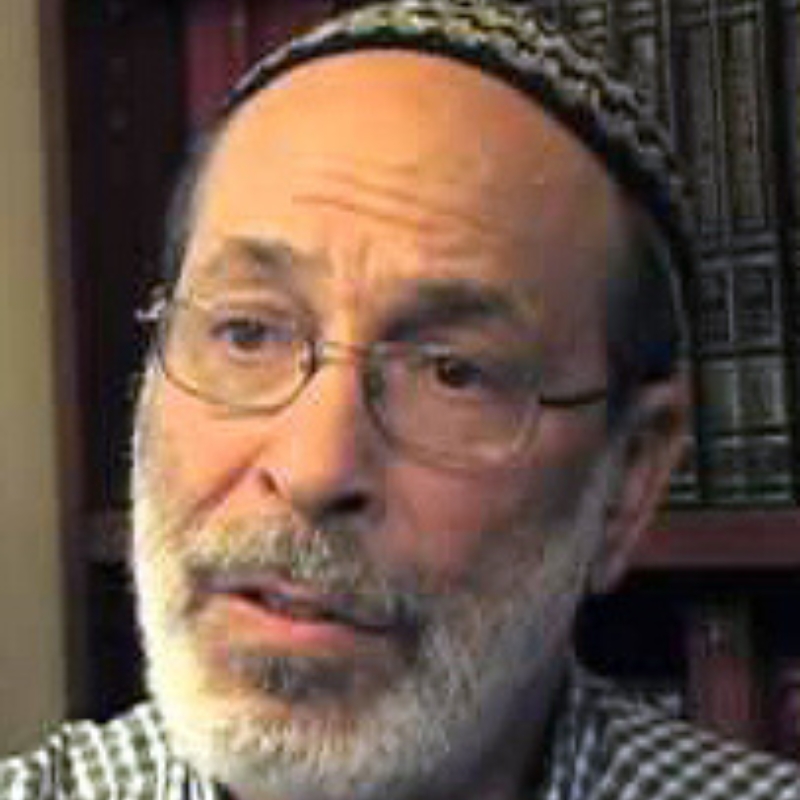Parshat Noach is best known for the twin stories that bookend it: the flood (mabul) and the Tower of Babel (babel). When considered together, these two stories reveal a deep teaching.
In the story of the flood, when the world had spun out of control because overwhelming violence, robbery, and cruelty had run amok, and unbridled individualism meant that humans had no regard for one another, God presses the reboot button, and much of the world is destroyed, reverting back to a much earlier time. (Genesis 6:9-9:17)
Then, in the story of Babel, when man becomes arrogant and builds a tower to the heavens, representing an acute concentration of power, God says, “If as one people speaking the same language they have begun to do this, then nothing they plan to do will be impossible for them.” (Genesis 11:6) Human conduct had once again spun out of control, and God once again presses the reboot button, topples the tower, scatters the people, confounds their languages, and upends the lack of diversity and concentration of power that had set in.
Find more commentaries on Noach.
Both the flood (mabul) and the tower (babel) contain the Hebrew letter combination of bet-lamed. Bet-lamed is associated with gross human misconduct and the resulting reboot button in other places in Torah. For example, Cain, who declares that he’s not his brother’s keeper, kills his brother Abel (havel, containing bet-lamed), and the legacy of Eden that might have flowed from Abel is short-circuited. (Genesis 4:9) That legacy then starts anew with Seth, who the Torah says was born specifically to replace Abel. While Seth’s line will survive through Noah, Cain’s lineage, some of whose names contain the bet-lamed combination — such as Jabal, Jubal, and Tuval-Cain — ends with the flood.
As Torah moves forward, rather than allow the world to run amok as it did in the times of the flood and the tower, periodic smaller reboots are built into the system to avoid these major destructions. Indeed, every day is a potential reboot with the pure soul we receive each morning, as we acknowledge in our morning prayers. Shabbat is another reboot, as is Yom Kippur, and the sabbatical year. But the big reboot is the jubilee year every 50 years, where debts are forgiven, land returns to its original owner, and families return to one another. The jubilee (yovel) also features the bet-lamed letter combination. These reboots seek to relieve the pressure in the system to reduce the risk of human conduct causing the world to move too rapidly and spin out of control. It’s like the controlled movements of tectonic plates which help avoid major earthquakes.
Find more commentaries on Democracy.
By and large, we no longer observe most of the practices of the jubilee year. And in our fast-moving world, it can sometimes feel like the world is running amok with no backstop. Indeed, a recent poll says that 83% of Americans believe that America is spinning out of control. Many believe that the issues of Noah’s world — violence, crime, uncontrolled individualism, and the breakdown of the family and community — are the cause. Some believe that the issues of the tower — the concentration of power inherent in authoritarianism, the haughtiness and arrogance that deny the laws of science built into the universe, and the challenges to diversity that threaten women, minorities, and LGBTQ+ people — are the cause.
Regardless of whether we see the world as approaching Noach times, tower times, or both, many believe that the wrong outcome of this election will put us over the top, inviting the kind of destruction we read about in this week’s parshah. Perhaps we read Parshat Noach near Election Day to remind us how much is at stake. And while catastrophe is possible, our cycle of elections also offers us the opportunity for periodic reboots with peaceful transitions that modestly adjust our paths, rather than radical shifts. In the end, just as human choices brought about the flood and built the tower, our choices in the election will determine where we go from here. And though the possibility of the bet-lamed of destruction is surely out there, so too is its opposite, lamed-bet (lev) — heart. In all of the anxiety, we can bring love to bear on the choices before us.
Rabbi Ed Stafman is rabbi emeritus at Congregation Beth Shalom in Bozeman, MT, and is about to begin his third term in the Montana House of Representatives, the only rabbi serving in a state legislature.

